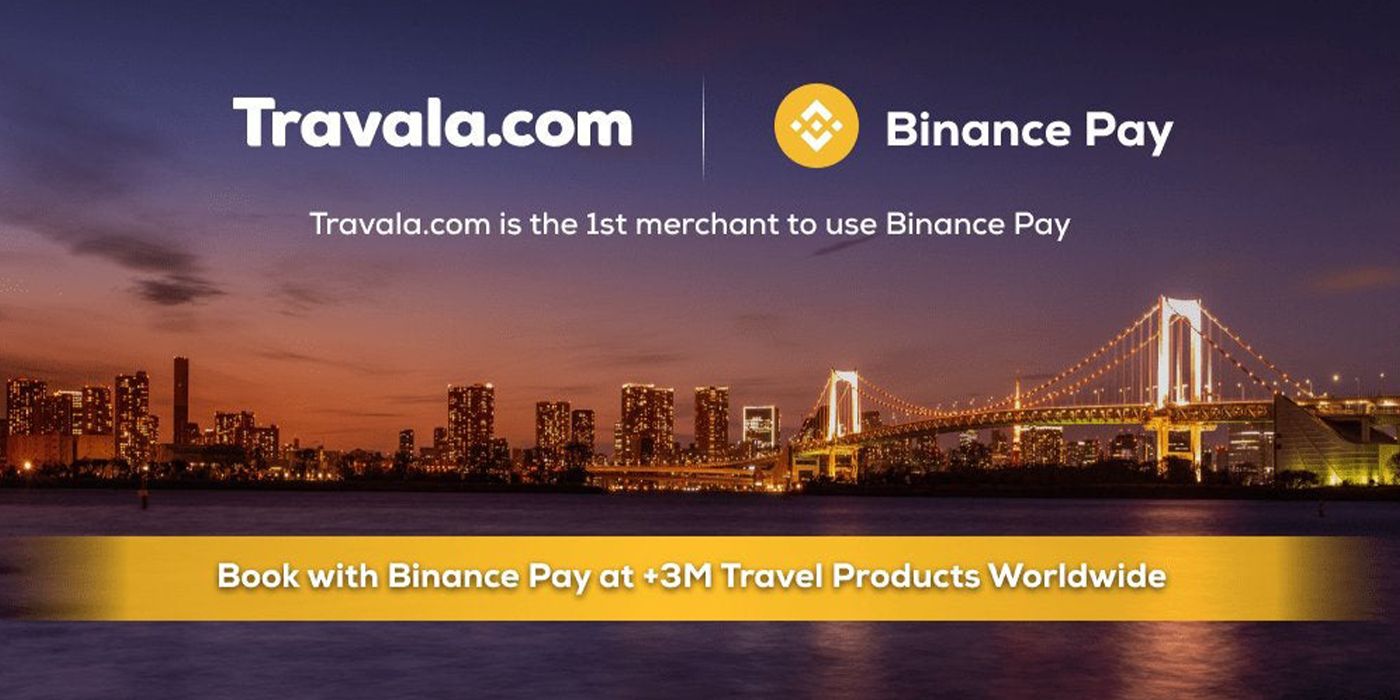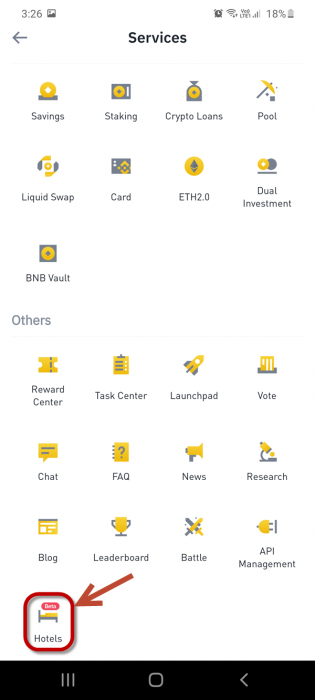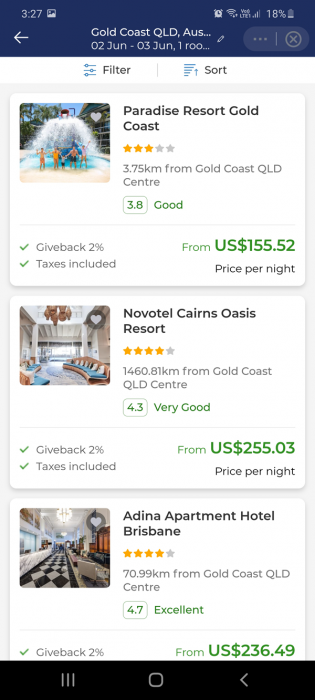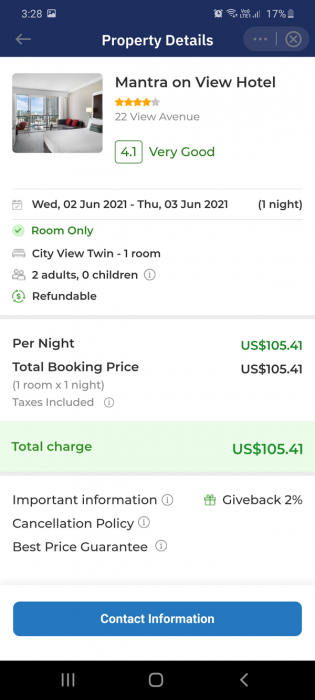The Tourism Authority of Thailand (TAT) is looking into ways of boosting the country’s post-pandemic economy. Enter cryptos. The South-East Asian kingdom aims to attract crypto-millionaires to spend their newfound wealth in the hopes of becoming a “crypto-positive society”.
Thailand Facilitates the Use of Crypto
According to Bloomberg, Thailand is looking to attract individuals who have “become wealthy from holding digital currencies” to its shores in an effort to boost its pandemic-ridden economy. As a result of Covid-19, the tourism contribution to the country’s GDP dropped from 18.21 percent in 2019 to 6.78 percent in 2020. The Thai tourism authority will now seek to recoup some of the US$80 billion lost in revenue due to the pandemic.
The TAT has indicated that it is working with regulators and a local crypto exchange to make it easier for crypto holders to spend their currencies in Thailand. According to TAT Governor Yuthasak Supasorn, the authority will set up a new unit to issue its own crypto, develop a wallet and build a new tourism ecosystem in 2022.
The Governor said crypto holders may now be looking to spend their riches and added: “If they can use their currencies here without having to exchange [them], or be faced with government taxes, then it would create convenience for them.” Supasorn also noted that embracing cryptos would help the country recover its tourism sector.
Crypto is the future, so we must make Thailand a crypto-positive society to welcome this group of quality tourists.
Yuthasak Supasorn, Governor, Tourism Authority of Thailand
Crypto Acceptance Could Help the Global Tourism Sector
The pandemic has had a far-reaching global economic impact, and none more so than in the tourism sector. Despite a major global economic downturn over the past year, cryptos have surged to new heights and can now help industries recover as the acceptance of cryptos also grows.
Earlier this year, luxury hotel chain Kessler Collection announced it would be accepting payments in cryptocurrencies going forward. The announcement was made after it had taken up a partnership with BitPay, which will oversee the payment processing part of the deal.
Hand-in-hand with aiding the tourism industry, cryptos have also been deployed in wildlife conservation. The endangered Seychelles magpie robin is now available to purchase digitally in the form of non-fungible tokens (NFTs). Funds generated from sales will help finance conservation efforts for the rare bird, indirectly boosting tourism in the Indian Ocean archipelago.

